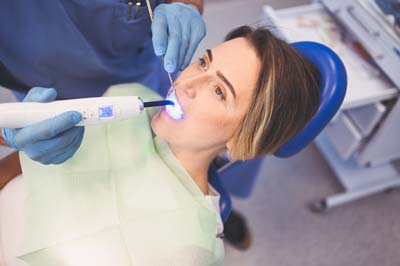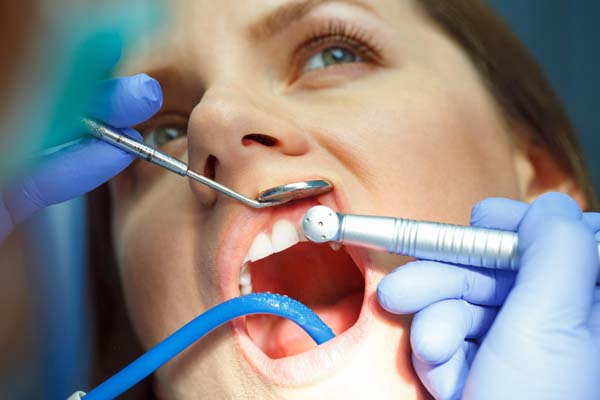The New Plan for Wisdom Teeth
 Did you know that wisdom teeth used to play an important role in your survival? Even a couple hundred years ago, your wisdom teeth could have meant the difference between being able to chew food or not. This is not because the other molars did not come in but because we did not have an educated or advanced way to care for teeth. This led to more cavities, infections, and tooth loss. Having a third set of molars come in much later than the others provided chewing teeth when they were probably in high demand.
Did you know that wisdom teeth used to play an important role in your survival? Even a couple hundred years ago, your wisdom teeth could have meant the difference between being able to chew food or not. This is not because the other molars did not come in but because we did not have an educated or advanced way to care for teeth. This led to more cavities, infections, and tooth loss. Having a third set of molars come in much later than the others provided chewing teeth when they were probably in high demand.
The future looks slightly different. Some scientists believe that in the future, no one will be born with wisdom teeth. Using the principles of evolution, our bodies will no longer create them because we will not have a need for a third set of molars.
Where does that leave us today?
If wisdom teeth were completely necessary for the past, they may be entirely unnecessary in our future. Having wisdom teeth is something that can make no impact on your health or something that can cause significant challenges. The scenario and individual faces will depend on various factors. However, there are some clear risks involved with keeping your wisdom teeth if they grow in impacted or sideways.
Many people deal with impacted wisdom teeth that do not grow in at a healthy position. As a result, this creates spaces between wisdom teeth and the adjacent molar that become ground zero for trapped food, plaque, and subsequent decay. The resulting cavities and infections can be incredibly uncomfortable, to say the least. If you are constantly getting food stuck in the areas near your third molars, this is a sign that you should visit our Delaware office to discuss extracting them.
Another reason to have these teeth removed is if you have had braces or will be getting them. When your wisdom teeth do grow in, they can cause your other teeth to be pushed forward. After wearing braces for a couple of years and working hard to improve your smile, something as simple as an extra set of molars can reduce some of that work.
How are they removed?
If we need to extract your wisdom teeth, there are two main ways of doing so. If the teeth grow in fairly straight but need to be removed for orthodontic purposes, we can numb the area and pull them out just like with any other tooth. If, however, they are impacted or still below the gums, we will need to surgically extract them. This is done by creating a flap within the gum tissue, pulling it back, and cutting away any tissue or bone holding the tooth in place. Next, we will begin to wiggle the tooth to see if we can extract it. If not, we will need to break it up into smaller pieces in order to do so. After, our Delaware dental office will clean the area and secure the flap. All this will be done under anesthesia to help you remain comfortable.
Recent Posts
Wisdom teeth extractions may become necessary when the third molars become impacted. The wisdom teeth can grow at odd angles or into other teeth, causing more pain and needing immediate removal.Wisdom Teeth ExtractionAt Sexton Dental in Delaware, we work to customize your treatment to match your needs and schedule where possible. Our professional staff aims…
When patients need a wisdom teeth extraction, it can be intimidating. According to the University of Washington's Dental Fears Research Clinic, 75 percent of adults harbor some level of fear over having a dental procedure completed. Fortunately, we are very experienced at removing teeth and can make sure that the entire process goes smoothly with…
While tooth extraction is not our first option for treating infected teeth, it may become necessary in certain situations. Regardless, we will numb the area around the tooth so you will not feel any pain.Tooth ExtractionAt Sexton Dental in Delaware, we work to customize your treatment to match your needs and schedule where possible. Our…
We offer several options for replacing missing teeth at our office. We will examine your teeth to determine the most effective replacement for a brighter smile and functional set of teeth that you can easily use.Options For Replacing Missing TeethAt Sexton Dental in Delaware, we work to customize your treatment to match your needs and…
 Did you know that
Did you know that 
